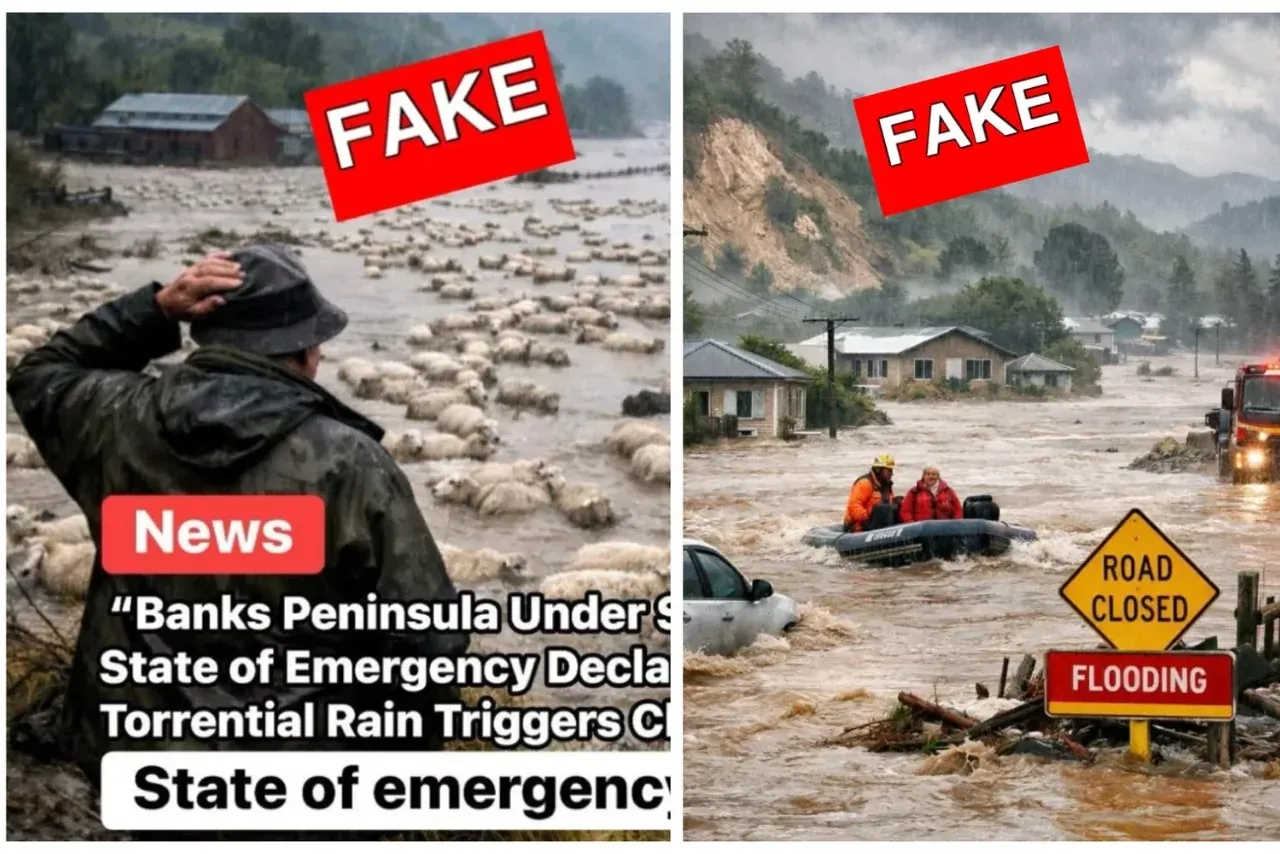Table of Contents
Graham Adams
Victoria University Of Wellington – Te Herenga Waka
democracyproject.nz
Graham Adams is a journalist, columnist and reviewer who has written for many of the country’s media outlets including Metro, North & South, Noted, The Spinoff and Newsroom
A week ago, the NZ Taxpayers’ Union posted a short video clip of the exchange in Parliament between Jacinda Ardern and Judith Collins in which the National Party leader quizzed the Prime Minister about the $55 million Public Interest Journalism Fund influencing political coverage. Ardern seemed to find the exchange amusing until David Seymour stepped in to ask: “What then would happen to a media outlet that received money under the fund and wanted to report a story deemed inconsistent with the principles of the Treaty of Waitangi, which is one of the requirements to adhere to?”
Having recommended that Collins ask the media if they agreed they were under government influence, Ardern then summarily dismissed Seymour’s suggestion that the fund’s mandatory guidelines for how to address the Treaty might present a problem.
The kicker to the whole exchange is that none of the mainstream media deemed it worthy of being reported. As the Taxpayers’ Union put it in its introduction to the video: “If you’re worried about the independence of our media, this is a must-watch exchange in Parliament. Why do you think the media declined to cover it?”
Louis Houlbrooke, the union’s campaigns manager, says that with 42,000 views so far, “it is by far our most-watched video post of all time.”
Clearly, discussion of the topic is not only in the public interest but also of interest to the public.
Nevertheless, it is extremely difficult to persuade senior members of the media and those administering the fund to accept there might be a problem — even if it is only the public’s perception of bias. The latter, of course, can be as damaging in practice as actual bias, given the media’s primary asset is the trust its audiences place in it for independent, truthful and unbiased coverage.
Some of journalism’s grandees have derided critics of the fund who object to its Treaty directions as “embittered snipers” and as members of the “army of the disaffected”.
In a column titled “Trashing journalists is not in the public interest”, Gavin Ellis, a former editor-in-chief of the NZ Herald, dismissed critical colleagues as “siding with conspiracy theorists who are convinced the nation’s mainstream media are in the government’s pocket”.
He also passed off criticisms of “the emphasis on the Treaty of Waitangi in the criteria” with: “There is no doubt that part of the funding will redress imbalances in that area and some of the already-announced grants aim to do that.”
Given the fund’s criteria, redressing “imbalances” can only mean amplifying the prescribed notion of the Treaty as a partnership — and certainly not questioning whether that interpretation is logically or constitutionally defensible.
Ellis also disclosed he is “one of a group of independent assessors who made initial recommendations… on applications to the [media] fund.”
Colin Peacock, however, clearly understands there is a case to be answered. Last week on RNZ’s Mediawatch he quizzed NZ On Air’s Head of Journalism, Raewyn Rasch, on the implications of the government paying almost $18 million for 110 new jobs in big media companies — in most cases for a period of two years and mostly at salaries substantially higher than the going rate.
Rasch — who had told Peacock in July that she took “offence” at some criticisms of the fund — was hardly more indulgent this time.
Rasch: “The fund is set up to provide public interest journalism that holds power to account… and that is what we’re doing. It is very easy for people to stand on the sidelines and snipe but actually I haven’t any evidence that we could influence the outcomes of the media and we are only funding a small amount of what the media does.”
Rasch seems unable to see that the snipers she refers to might actually be the ones who are holding power to account. Nor does she seem to understand that fund guidelines limiting how the Treaty should be viewed mean a hugely important area of public discourse is off-limits for questioning, no matter how energetically journalists criticise the government in other areas.
Critics say the media has been very slow to spell out the fact that Three Waters will hand iwi 50 per cent governance of infrastructure paid for by ratepayers; or that the Maori Health Authority will have the right of veto over the plans for the other 84 per cent of the population; or that the blueprint Nanaia Mahuta published last week for reforming local government defines the Treaty as “an agreement to share authority in Aotearoa”.
In fact, each of the debates mentioned above turn on a view of the Treaty as implying a 50:50 partnership. To rule this interpretation out of bounds for discussion makes a mockery of the claim the government is not influencing editorial coverage through the media fund — even if it is not directly involved in day-to-day decisions.
In July, Rasch justified the Treaty guidelines this way: “Many media organisations do not understand Te Tiriti and the conversations they are curating run the risk of being biased, racist and not delivering to the Te Tiriti partner — Maori, or tangata whenua.”
In other words, if the implications of the Treaty are contested, it could only be because of racism, and not because reasonable people might see the push for a 50:50 partnership between Maori and non-Maori as fundamentally undemocratic and leading inexorably towards an ethno-state.
Rasch is so convinced there is nothing to see here that she told Peacock last week she was not concerned about claims the funding compromised media independence. Indeed, she confessed she was “not entirely sure where this comes from and where the evidence is to suggest that we somehow have influence over the editorial [content] of the media. We do not.”
While Rasch seems to be genuinely baffled by criticism of the fund, others see one of its main purposes as furthering the objectives of Maori political activists by buying the media’s complicity over Treaty issues.
Invercargill’s Deputy Mayor, Nobby Clark, for instance, has been outspoken over what he sees as the stealthy roll-out of the recommendations in He Puapua, which presents a 20-year roadmap towards Maori co-governance.
He told the Democracy Project that the roll-out is aided by mainstream media avoiding “any commentary that can be seen as critical of iwi”.
He said he has “good reporter contacts within the print media and they point out that the $55 million given to media by the government is conditional on promoting te reo as well as the wellbeing of iwi” — which means “no generalised negativity that might undermine He Puapua, which the Cabinet has not formally adopted but is implementing by stealth”.
Clark also took aim at the government’s Local Democracy Reporting programme. He believes its reporters are also “briefed on the required focus on iwi”. And given they “produce articles at no cost to other media organisations, that also helps silence any criticism of iwi and He Puapua”.
Last month, former Act MP and political analyst Dr Muriel Newman appeared on Sky News Australia to raise her concerns about the implementation of the recommendations set out in He Puapua — a process she said was happening rapidly.
One of the areas of concern she addressed was the Public Interest Journalism Fund:
“[New Zealanders] see changes every day and wonder what on earth is driving it and unfortunately we’re in a situation where the government has spent $55 million on a public interest broadcasting fund.
“[This] is something the media can apply for to get grants and one of the conditions of doing that is they have to, if you like, speak out in favour of this Treaty partnership agenda.”
Newshub, which linked to the interview, claimed to have fact-checked Newman’s statement. It asserted:
“There is no condition of the $55 million Public Interest Journalism Fund, announced in February, for journalists to report favourably on ‘this Treaty partnership agenda’.”
Newshub’s fact-checker was, in fact, dead wrong. The section describing the fund’s goals recommends “actively promoting the principles of Partnership, Participation and Active Protection under Te Tiriti o Waitangi acknowledging Maori as a Te Tiriti partner”. And the first of the general eligibility criteria requires all applicants to show a “commitment to Te Tiriti o Waitangi and to Maori as a Te Tiriti partner”.
Getting an important fact so completely wrong in a fact-check is hardly likely to convince an increasingly sceptical public that the media is not biased — especially around Treaty issues.
This article can be republished under a Creative Commons CC BY-ND 4.0 license. Attributions should include a link to the Democracy Project.
Please share this article so that others can discover The BFD.









